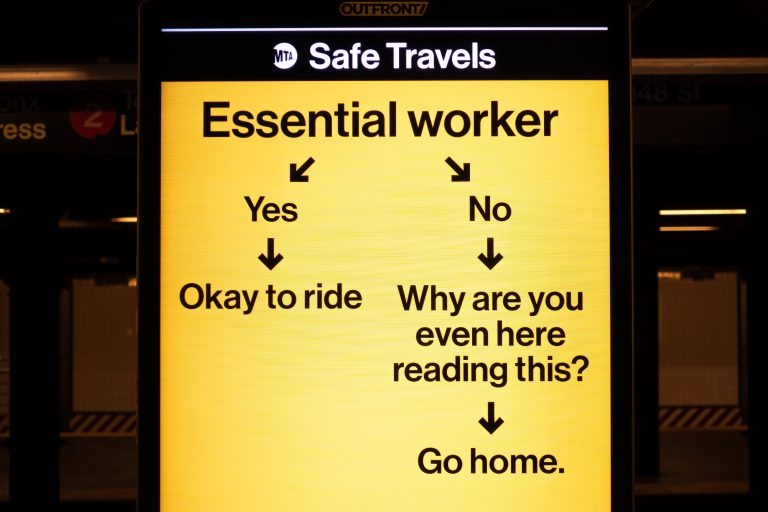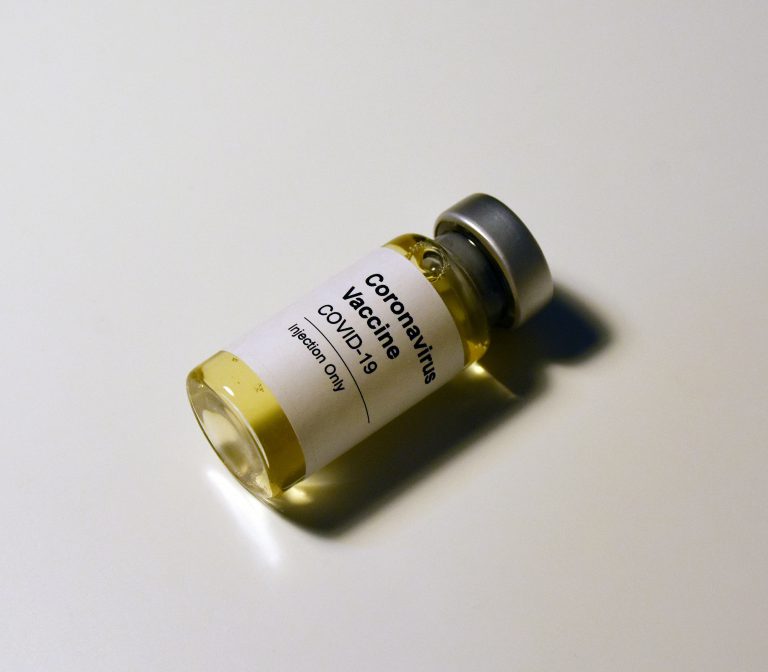Since the outbreak of the coronavirus disease 2019 (COVID-19) started in Wuhan, China, in 2019, misinformation surrounding the illness has spread widely on the internet.
Experts around the world continue to find the best ways to prevent, contain, and treat the illness. Health professionals urged the public to take preventive measures to avoid being exposed to the coronavirus.
With help from medical experts, AKBY has rounded up some myths and misconceptions surrounding the coronavirus to help shed light on the COVID-19. Read on.
Will Face Masks Help in Preventing the Coronavirus?
Amesh Adalja, MD, a senior scholar at the Johns Hopkins University Center for Health Security in Baltimore, said that face masks are not enough to protect against the new coronavirus.
“Face masks worn by the public are not completely effective, as many people wear them improperly and stick their hands underneath them to scratch their face,” stated Adalja.
“They are effective in healthcare settings in which providers wear them appropriately to care for patients with respiratory viruses,” she added.
The World Health Organization (WHO) recommends wearing a mask for people who have coughs, colds, or a fever to avoid spreading infection. Those who do not have these symptoms do not need to wear a mask.
Meanwhile, those who need to wear one should use only medical-grade N-95 or N-100 face masks as they are effective in filtering out more airborne particles than the standard surgical ones.
Bruce Y. Lee, MD, a professor of health policy at CUNY School of Public Health in New York City and the founder of Public Health Informatics Computational and Operation Research (PHICOR), shares some important reminders when using a face mask:
- Wash hands with soap and water or alcohol-based hand rub before and after use
- Keep a snug seal
- Avoid touching the mask while using it
- Replace wet masks
- Do not reuse single-use masks
- Throw away the mask in a closed trash bin
Can the Coronavirus Be Transmitted Through Food?
Some people are concerned about Chinese food and products because of their fear that these aren’t safe to eat and use as they may contain the virus. However, Dr. Adalja reassures the public that there is no specific dietary advice. He explains that at present, there is no proof that COVID-19 can last in food, particularly in packaged foods due to the heating process they need to undergo.
Will Extreme Measures Help Fend off the Coronavirus?
COVID-19 is commonly transmitted through hands. Touching things and then the mouth or eyes may allow pathogens to enter the body.
Because of this, extreme measures, such as drinking bleach, and other tactics, including wearing a scarf around the mouth, smoking, taking traditional herbal remedies, and self-medicating will not help at all. They can be potentially dangerous instead.
According to Dr. Lee, it is important to remember that COVID-19 spreads similarly like other respiratory pathogens, which means the prevention methods are similar.
Medical experts suggest that the best preventive action is to wash hands habitually for at least 20 seconds. Other helpful methods are avoiding touching the eyes and keeping a distance from sick people.
Browse our website for more news in the medical industry.
















